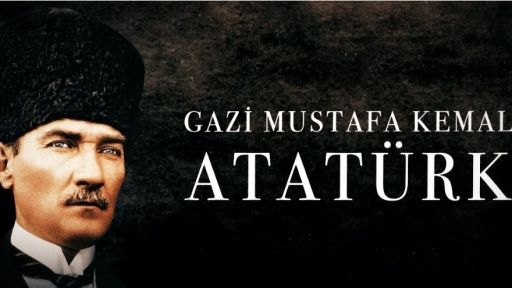Lawyer Ahmet Kara evaluates ECHR’s ruling against Greece

Ahmet Kara, legal representative of the Cultural Association of Turkish Women of Xanthi, has commented on the recent European Court of Human Rights (ECHR) ruling, which once again found Greece in violation of freedom of association under the European Convention on Human Rights.
In an interview with Millet Newspaper, Kara provided detailed insight into the case, which dates back to 2010, when the association sought official recognition but was rejected by all levels of the Greek judiciary.
“The Single-Member Court of First Instance of Xanthi, followed by the Thrace Court of Appeal and ultimately the Greek Supreme Court (Areios Pagos), denied the association’s registration,” Kara explained.
“Their reasoning was based on the presence of the word ‘Turkish’ in the name, claiming it was misleading and prone to creating public disorder.”
After exhausting domestic remedies, seven members of the association's provisional executive board filed an application with the ECHR in 2018, invoking Article 11 of the European Convention, which guarantees freedom of assembly and association.
On June 24, 2025, the Third Section of the ECHR issued a unanimous decision, ruling that Greece had indeed violated Article 11. The Court ordered Greece to pay €3,000 in non-pecuniary damages to each applicant, as well as approximately €4,700 in legal costs.
Kara emphasized several key points from the Court’s judgment:
- The use of the word “Turkish” in the association's name cannot be considered misleading or inherently threatening to public order.
- The mere presence of such terminology does not justify rejecting the association’s registration.
- Forming a legal entity for collective action is an essential aspect of the right to freedom of association.
- Democratic societies must tolerate such differences, and restrictions like this are unnecessary.
- The Court also noted the recurrence of similar violations by Greece and reiterated its previous judgments related to minority associations.
There is a three-month appeal period for parties to request a referral to the Grand Chamber. Once that period expires, the decision becomes final.
Kara concluded:
“As members of the Muslim Turkish Minority of Western Thrace, we expect Greek authorities to comply with the ECHR's binding decisions, to allow the establishment of our associations, and, as in the case of the Turkish Union of Xanthi, to restore their legal status.”
This ruling adds to the Bekir Usta group of cases, which continues to be monitored by the Committee of Ministers of the Council of Europe. At its most recent session (June 10–12, 2025), the Committee once again called on Greece to comply with the Court’s judgments regarding minority associations.







